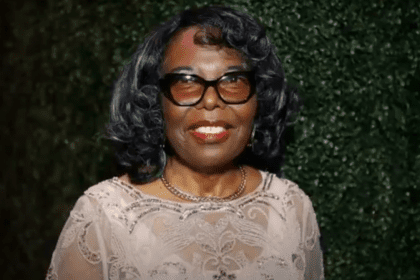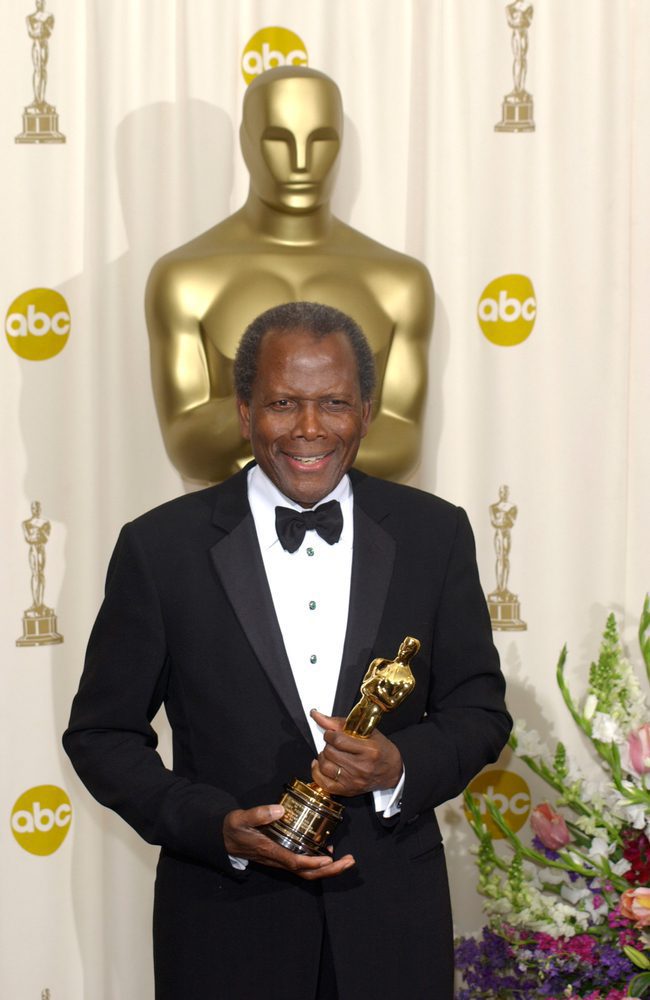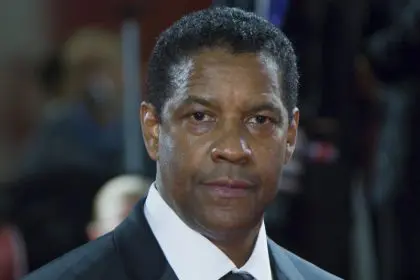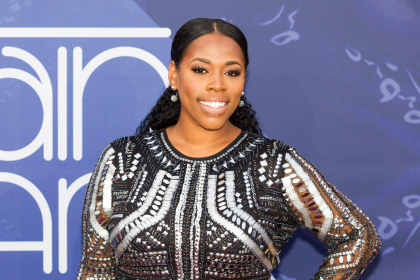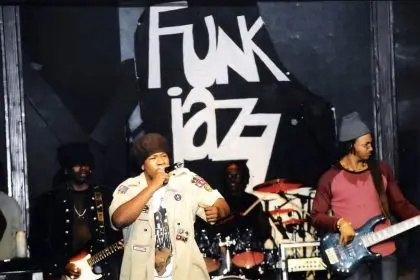
Rubin “Hurricane” Carter, the boxer famously convicted for murder and spent 19 years in prison before the charges were dismissed, has died at age 76. According to numerous reports, Carter died of prostate cancer early this morning at his home in Toronto. Carter founded the nonprofit organization Innocence International in Toronto to assist inmates who are possibly wrongly convicted.
Rubin Carter was a rising star in middleweight boxing in the early 1960s and lost a bout for the middleweight championship in 1964. Carter was convicted twice of fatally shooting two men and a woman in a Paterson, N.J., tavern called the Lafayette Grill in 1966, but the verdicts were later overturned due to misconduct. Despite witness testimony that placed both Carter and another defendant, John Artis, elsewhere the night of the killings, Mr. Carter received 30 years to life and Mr. Artis 15 years to life. Their appeals were denied unanimously by the New Jersey Supreme Court. Racial bias played a huge role in the case, with suppressed evidence and recanted testimony surfacing later.
As he battled for his freedom throughout the 1970s, professional athletes, civil rights activists and other celebrities rallied behind Carter’s cause. Singer-songwriter Bob Dylan famously released the 1976 hit “Hurricane” in support of Carter. He was also later the subject of the Norman Jewison-directed 1999 film Hurricane, which featured an Oscar-nominated performance from Denzel Washington as Carter.
The complexities of Carter’s life and personality were often glossed over by the public. He admittedly alienated many people who supported him over the years, but his focus on clearing his name led to him becoming an impassioned advocate for prisoners. He studied law, history, religion and philosophy while incarcerated, and became a hero to many inmates due to his intelligence and outspoken nature. Authorities acknowledged that Carter calmed rioters at Rahway State Prison in 1971, and one prison guard reportedly credited Mr. Carter with saving his life during the melee.
In the summer of 1974, the New Jersey Public Defender’s Office and The New York Times obtained recantations from witnesses Alfred P. Bello and Arthur D. Bradley, who now stated that detectives had pressured them into falsely identifying Mr. Carter and Mr. Artis. Both witnesses said they were promised leniency regarding their own crimes for cooperating in the case against Carter. His guilty verdicts were overturned and a new trial was granted. Muhammad Ali attended Carter’s pre-trial hearing and fund-raising concerts for his legal defense were held at Madison Square Garden and the Houston Astrodome featuring Dylan, Joni Mitchell, Roberta Flack and Joan Baez.
In 1976 at the second trial, prosecutors revisited an earlier claim that the defendants had committed the Lafayette Grill murders in retaliation for a black tavern owner’s earlier murder. Mr. Bello again appeared as a witness for the prosecution and again claimed Carter was at the scene of the crime. Carter and Artis were sent back to prison.
In 1985, the charges were brought before a federal judge after nine years of failed appeals. Judge H. Lee Sarokin of United States District Court in Newark overturned the convictions on constitutional grounds; ruling that the prosecutors had “fatally infected the trial” by withholding evidence and resorting to their race-revenge theory with no proof. Hurricane Carter was freed. Artis had been paroled four years earlier. The charges against both were formally dismissed in 1988, 22 years after the convictions.
Rubin Carter would go on to found Innocence International in 2004 and became a prominent public speaker, denouncing inequities in the criminal justice system. He published an autobiography, “Eye of the Hurricane: My Path From Darkness to Freedom” in 2011. In his last months, he fought valiantly for the exoneration of Brooklyn man David McCallum, imprisoned since 1985 for murder.
“Just as my own verdict ‘was predicated on racism rather than reason and on concealment rather than disclosure,’ as Sarokin wrote, so too was McCallum’s,” Mr. Carter wrote in an article published two months ago by the New York Daily News. “If I find a heaven after this life, I’ll be quite surprised. In my own years on this planet, though, I lived in hell for the first 49 years, and have been in heaven for the past 28 years. To live in a world where truth matters and justice, however late, really happens, that world would be heaven enough for us all.”

